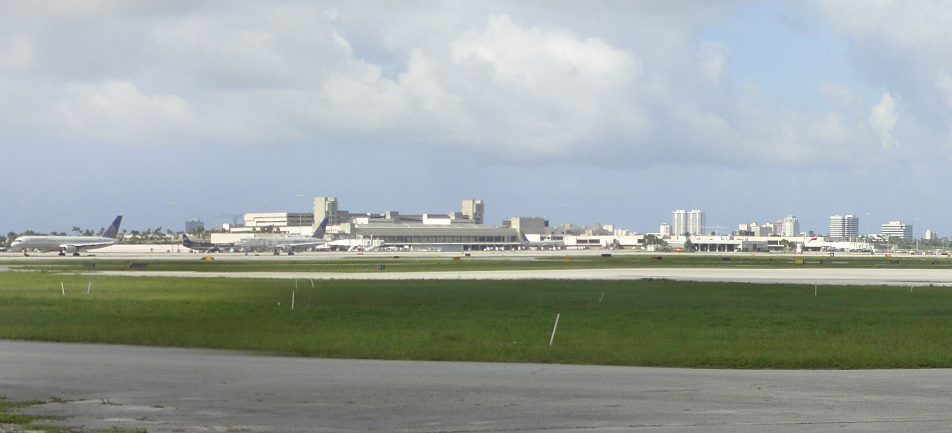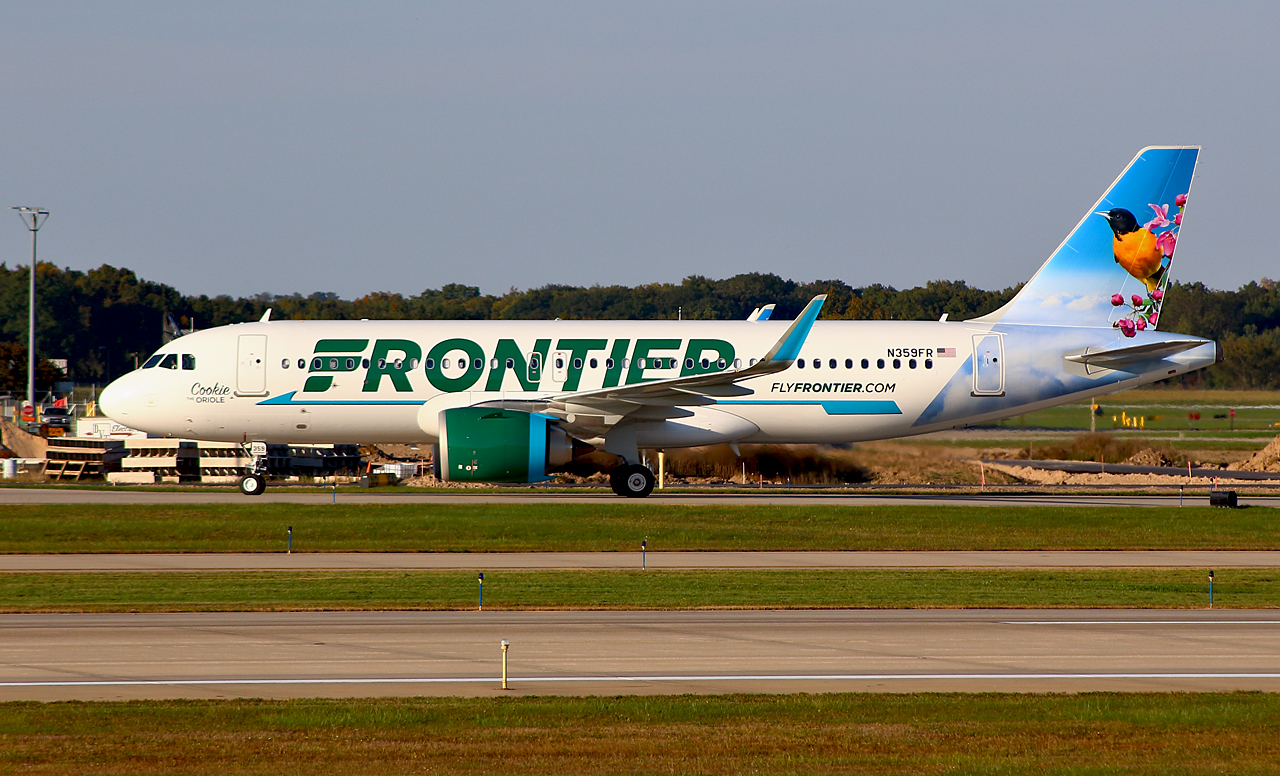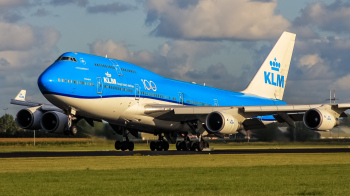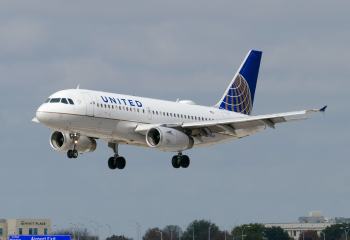Buzz was an American low-cost airline that operated from 2000 to 2003. It was founded by Michael Conway and his business partner, Brian Fitzpatrick, and was based in St. Louis, Missouri. The airline initially served major cities in the Midwest and East Coast, and later expanded to include Florida and the West Coast.
The airline's fleet consisted of a mix of Boeing 737-400 and -500 aircraft, with a total of 10 aircraft in operation at the peak of its operations. The airline also had a policy of offering passengers the opportunity to purchase tickets on a flight-by-flight basis, allowing them to fly for as low as $29 one-way.
In October 2000, Buzz made its inaugural flight from St. Louis to Denver. The airline soon began to expand its route network, adding service to cities like Chicago, New York, and Washington, D.C. By 2001, the airline was serving 18 destinations across the United States.
In 2002, Buzz became the first airline to offer ticketless travel, allowing customers to purchase tickets online or via their mobile phones. The airline also expanded its route network, adding service to cities like San Francisco, Los Angeles, and Las Vegas.
One of the most important milestones in the history of Buzz was its acquisition by Ryanair in 2003. The acquisition marked the beginning of Ryanair's expansion into the United States, and provided the airline with an established base of operations in the U.S. The acquisition also allowed Ryanair to gain access to the valuable slots at Chicago O'Hare International Airport.
In the summer of 2003, Buzz faced a major setback when one of its aircraft suffered engine failure on approach to New York's LaGuardia airport. The plane was forced to make an emergency landing at Newark Airport. Fortunately, none of the passengers on board were injured. Following the incident, Buzz was the subject of an investigation by the National Transportation Safety Board (NTSB) and the Federal Aviation Administration (FAA).
Unfortunately, the incident and subsequent investigation were not enough to save Buzz from its financial woes, and the airline ceased operations in October 2003. However, the legacy of Buzz was continued by Ryanair, which continued to expand its presence in the U.S. market and has since become one of the largest airlines in the world.
Today, the legacy of Buzz is still felt in the U.S. aviation industry, as Ryanair continues to offer low-cost flights to many of the destinations that were once served by Buzz. The airline has also kept the tradition of offering flights for as low as $29 one-way, a testament to the low-cost philosophy that Buzz helped to establish in the U.S. market.





Comments